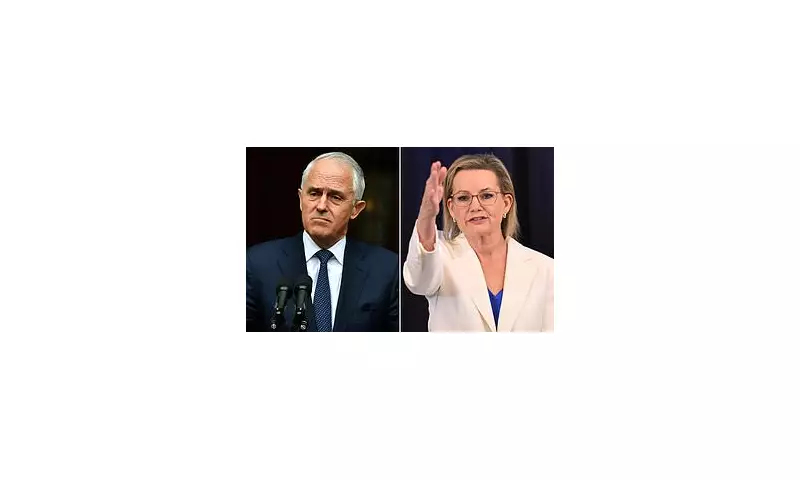
The Liberal Party's decision to abandon its commitment to net zero emissions by 2050 has been met with a stark warning from a former leader, who claims it will severely damage the coalition's chances of regaining government.
A Warning from the Past
Malcolm Turnbull, a former Prime Minister of Australia, has stated that the policy shift, agreed upon by the Liberals on Thursday, sends a clear message that the party is not serious about tackling climate change. He argued that policy within the coalition is being dictated by the conservative factions of the Liberal Party and their partners, the Nationals.
Mr Turnbull drew direct parallels between the current situation faced by Opposition Leader Sussan Ley and the challenges he encountered during his own leadership. He stated that a vocal right-wing element, influenced by right-wing media, continues to set the agenda on climate, a problem that has plagued the coalition for nearly two decades.
'She's caught in this terrible fish bowl with the Liberal party room. They've got the memory of a goldfish and the dining habits of piranhas,' Mr Turnbull told ABC Radio on Friday. 'They seem to just keep on forgetting and making the same mistake again and again.'
The Political Fallout in the Teal Seats
The internal division culminated in a new climate policy that will see net zero targets dropped and more taxpayer money directed towards coal and gas plants. This decision followed the Nationals' own announcement earlier in November to ditch the policy from their platform.
This move is seen as particularly damaging in the context of the 2022 election defeat, where the Liberals lost a swathe of former blue-ribbon inner-city seats to teal independents. These independents successfully campaigned on a platform of stronger climate action.
Mr Turnbull was unequivocal about the consequences, stating, 'All of those electorates are very committed to action on climate,' and that scrapping net zero would not help the Liberals win these seats back.
Independent MP Sophie Scamps, who won the Sydney seat of Mackellar from the Liberals in 2022, reinforced this view, accusing the Liberals of being dictated to by the Nationals. 'The Liberal Party no longer know who they represent or what they stand for,' she said.
Division and Dismissal
However, the coalition's opposition energy spokesman, Dan Tehan, dismissed these concerns. He argued that the public would understand the need to avoid policies that could cost manufacturing and industry jobs or place unreasonable pressure on households by moving too far ahead of other nations.
Prime Minister Anthony Albanese seized on the internal rift, stating that the Liberals are too divided to form a coherent climate policy. He accused Ms Ley of taking Australia backwards instead of modernising the party's agenda as she had promised.
The debate highlights the deep and enduring ideological split within the coalition on climate change, a fault line that continues to define its political strategy and, according to its critics, its electoral prospects.





